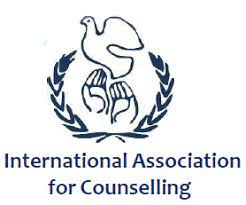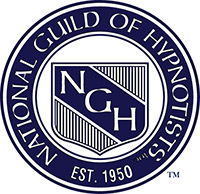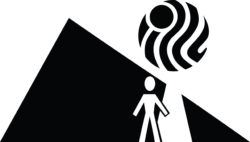Among the primary reasons why people seek therapy is the need to deal with fear reactions. The range of such problems is extensive – from simple, annoying “hang-ups,” to specific (or non-specific) fears which affect the activities or enjoyment of life, to full-blown phobias which may be a part of serious mental illness.
Under certain circumstances or in specific situations, virtually all people are subject to a variety or rational or irrational apprehensions. Many of these originate in childhood when undeveloped reasoning ability creates in a young person a natural climate for developing fears of the unknown. Fears can also develop in adulthood through traumatic experience.
Fears seldom travel alone. While one may be dominant and apparent, investigation will often reveal others which are associated and inter-related.


A “hang-up” becomes a fear when it becomes noticeably disturbing and begins to affect behaviour. A fear becomes a phobia when it reaches the point of being triggered by factors which are irrational and may be unknown, and when it is experienced so frequently that it affects an individual’s normal activities. Lack of understanding of the repressed conflict which causes the reaction may result in uncontrollable or unreasonable behaviour.
A key point is that a phobic person is threatened by something that does not in reality present a life threat. Yet the reaction is the same as it would be in a situation of real danger. The fear generates more fear and the situation cannot be confronted in a calm state, so the individual makes every effort to avoid it.
Fears/phobias are generally completely eradicated with our 4-session program
The progressive development of fear and phobic reactions often proceeds through four phases: unrealistic self-statements create a state of alarm; fear of the fear itself develops; personal feelings and reason are rejected as the fear escalates; avoidance begins of any person, place, thing or situation which generates feelings of arousal or anxiety.








